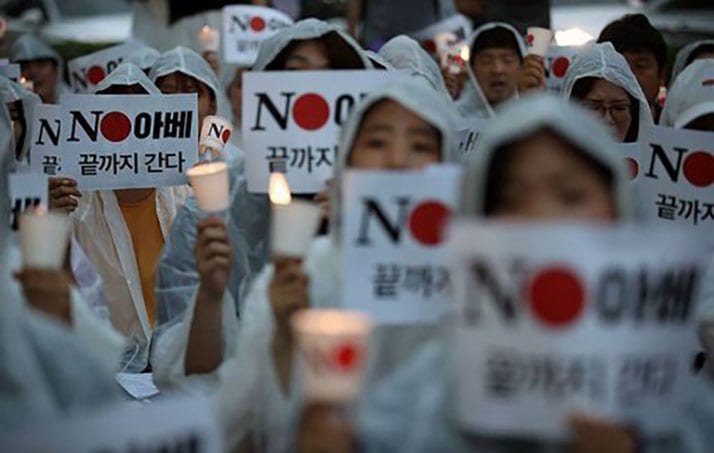
Citibank: Considering withdrawal from South Korea: Japanese companies also escape from South Korea
-What is behind that-
Citibank:
On February 19, Citibank reported that it was considering withdrawing from South Korea.
Since last year, a number of overseas companies have announced their withdrawal from South Korea.
Citibank Group:
In 1967, it entered South Korea.
In 2004, acquired Hanmi Bank and entered personal finance.
In 2016, it had 133 stores throughout Korea, and currently has 39 stores.
Korea Gates:
In July 2020, it was reported that Korea Gates, which manufactures belts for automobile parts, was closed.
A joint venture established in 1989 with a 51% stake in Gates of the United States and a 49% stake in Nitta of Japan.
Korean Gates Trade Union:
When the business was reported to be closed, the mayor of Daegu City, Kwon Young-jin, requested the Gates US headquarters to “reconsider the decision to withdraw.”
The union also sat down in front of the Blue House, seeking to avoid withdrawal.
Meanwhile, Gates has moved its production base to China to reduce labor costs.
Now, the products produced in China are being delivered to Hyundai Motor.
Sanken Electric :
In 2016, Sanken Electric abolished the production department and decided to hire all workers at the production site.
Sanken Korea Labor Union:
A delegation was dispatched to Japan and engaged in a “Japan expedition struggle” in front of the Sanken Electric headquarters for more than 6 months.
Apparel World:
A Korean subsidiary established in 2001 with a wholly owned investment.
All shares were sold to a Korean company in 2019.
Apparel Adastria:
Adastria, an apparel company that entered South Korea in 2014.
All stores will be closed and liquidation is scheduled to end in March 2021.
Boycotts of Japanese products:
Raw chocolate Lloyds,
Onward Kashiyama,
Olympus camera business,
Nissan also
Withdrew due to the boycotts of Japanese products.
Possibility of withdrawal in the future:
DHC becomes a target of non-buying,
Mos Burger also reduced the number of stores, etc.
The possibility of withdrawal has emerged.
Significant increase in minimum wage:
The impact of the Moon Jae-in administration, which was launched in 2017, has significantly increased the minimum wage.
As a result, overall wages have skyrocketed.
In addition, the ruling party has introduced a “52-hour work week” system.
In the end, the quality of labor declined and productivity fell.
Companies relocated outside Korea:
Ferrotec :
Semiconductor-related Ferrotec withdrew due to doubts about Korean judiciary.
Successful in China, the relocation destination, the business performance soared and the stock price soared.
Sanken Electric:
Sanken Electric has finished its Korean business.
Singapore investment fund Effissimo Capital Management announces takeover.
Daily Shincho
https://www.dailyshincho.jp/article/2021/02251101/?all=1
Citi Is Considering Divesting Some Foreign Consumer Units
Bloomberg
Citigroup Inc.
is studying options for slimming down the firm’s sprawling international consumer operations as part of incoming Chief Executive Officer Jane Fraser’s efforts to simplify the bank.
The company is weighing divesting certain units across retail banking in the Asia-Pacific region, including those in
South Korea,
Thailand,
the Philippines and Australia,according to people familiar with the matter.
Copyright © BloombergQuint
Citigroup may divest Korean banking subsidiary